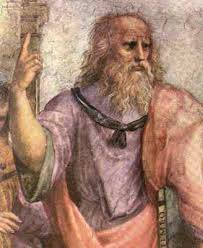 To David Page
To David Page
C/o Brown Shipley & Co. 123, Pall Mall, London, S.W.1
Rome. May 3, 1937
I am (strange as it may be nowadays) a naturalist in natural philosophy. I cannot conceive the existence of moral life, or of anything good, not rooted in some definite material organism, animal or social. On this point I agree with the historical materialism of Marx. I also agree with the theory of Fascism, in so far as this coincides with the politics of Plato and of antiquity in general. Society is not based on ideas, but on the material conditions of existence, such as agriculture and defence; virtue is moral health, and when genuine rests on the same foundations.
. . . Ideas may be said to govern the world, when they are simply descriptions of the course which events have naturally taken; but to imagine that the world is governed, or ought to be governed, by a special prophetic system of demands, arbitrarily imposed, would be fanatical. Liberalism is still fanaticism, watered down. It hates the natural passions and spontaneous organization of mankind; hates tradition, religion, and patriotism: not because it sees the element of illusion inseparable from these things, but because it has a superficial affection for a certain type of comfortable, safe, irresponsible existence, proper to the second generation of classes enriched by commerce: and this pleasant ideal, it expects to impose on all races and all ages for ever. That is an egregious silliness, which cannot be long-lived.
. . . I am not on principle a nationalist or “rightist” or adherent of any other party: but there are always sinister notions of some sort that need to be “righted” by some opposite notion.
From The Letters of George Santayana: Book Six, 1937–1940. Cambridge, MA: The MIT Press, 2004.
Location of manuscript: Butler Library, Columbia University, New York NY.
